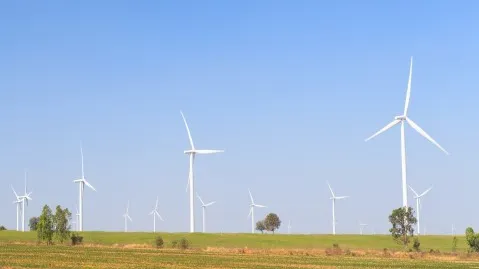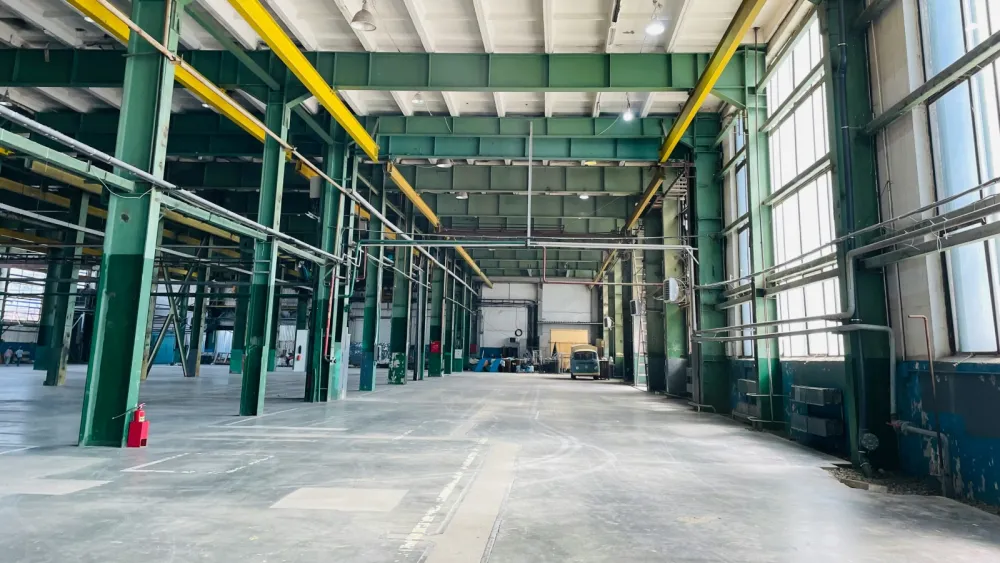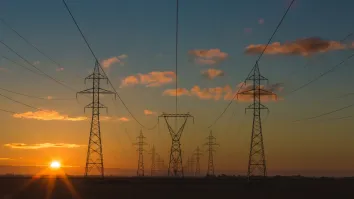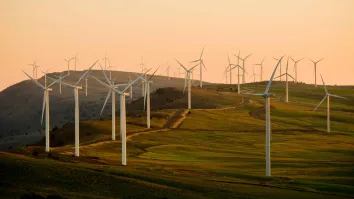
Vietnam’s 29.7 MW wind project goes online
The electricity it will produce will be supplied to state-owned Vietnam Electricity.
The 29.7-megawatt (MW) ECOWIN wind project operated by 51% RATCH Group-owned ECOWIN Energy Corporation started commercial operations in Vietnam.
In a statement, Thailand-based RATCH Group said the onshore wind project, composed of nine wind turbines with 3.3 MW of capacity each, is located around 180 kilometres south of Ho Chi Minh City.
The project will supply electricity to Vietnam Electricity under a 20-year power purchase agreement.
ALSO READ: ‘Expensive pathway’ awaits as Vietnam trails to achieve PDP8 targets
RATCH GroupCEO Choosri Kietkajornkul said this is the company’s third operating renewable energy project in Vietnam, bringing its total capacity to 49.63 MW. The first two projects were the Song Gian 2 and Coc San hydroelectric projects.
The company has 10,807 MW total installed capacity, of which 27% or 2,933 MW were renewables. It targets to raise its renewable energy capacity to 4,000 MW by 2035.


















 Advertise
Advertise







